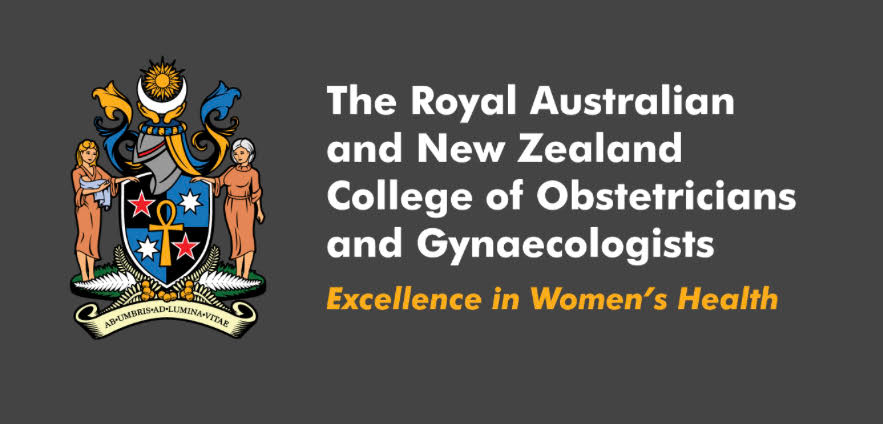

Ectopic pregnancy occurs when the pregnancy develops outside of the uterus. It occurs in less than 1 percent of pregnancies but can cause serious internal bleeding. The most common location for ectopic pregnancy is the fallopian tube, but it can be found in the ovary, a previous Caesarean section scar or rarely as an abdominal pregnancy.
Usually it is a chance event, but conditions such as previous pelvic infection, adhesions in the pelvis and IVF treatment can increase the risk of ectopic pregnancy. If a woman conceives with an intra uterine device it is more common to be an ectopic pregnancy.
Pelvic pain and bleeding in early pregnancy are the common symptoms of an ectopic pregnancy. If there is internal bleeding women may notice tenesmus (the feeling of a bowel movement even with the bowels empty) or shoulder tip pain.
Diagnosis is made by measuring the level of HCG (pregnancy hormone) in the blood, combined with a pelvic ultrasound.
Treatment is usually by laparoscopic (keyhole) surgery to visualise the pelvic organs and remove the ectopic pregnancy and the affected fallopian tube.
If the condition is stable with minimal symptoms and the pregnancy hormone is falling then observation with regular blood tests is an option as some ectopic pregnancies will spontaneously resolve or miscarry through the distal end of the fallopian tube. If the suspected ectopic is being monitored, patients must have a low threshold for attending emergency if their symptoms suddenly deteriorate.
Occasionally treatment with medication (Methotrexate) can be used if the pregnancy hormone is not falling and symptoms are stable. It may require a number of treatments and surgery can still be indicated. The patient should not conceive for at least 3 months after medical treatment in order to reduce the chance of future miscarriage.
Fertility can be affected after an ectopic pregnancy and there is an increased risk of a subsequent ectopic in future pregnancies. It is recommended that women who have had a previous ectopic pregnancy have an early ultrasound to ensure the pregnancy is developing in the uterus.




